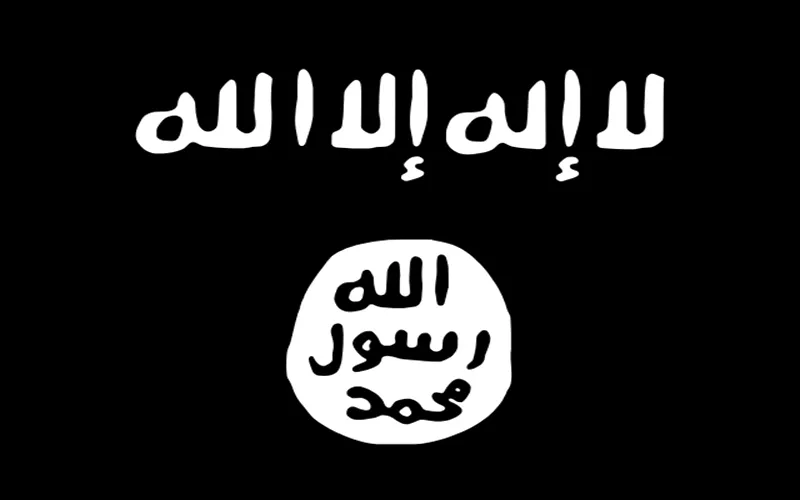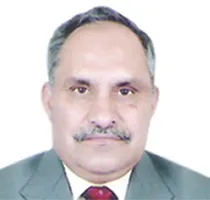-
CENTRES
Progammes & Centres
Location
The IS, despite its defeats on the battle field and losses suffered from air attacks, is far from neutralised and is probably gaining volunteers internationally. The problem with the international community's approach is that it has projected the group as a purely terrorist organisation.

Recently, British Prime Minister David Cameron said that the media should not give legitimacy to a "death cult" by calling it the Islamic State. He could not be more wrong, because the Islamic State is just that - a state. It controls territory, has a chosen leader, has its own army, its own supporters or citizens, collects taxes and even, if reports are to be believed, its own currency. IS also uses terror as a weapon but it not the only one to do so - the LTTE, for example, used it to great effect in Sri Lanka.
The IS, despite its defeats on the battle field and losses suffered from air attacks, is far from neutralised and is probably gaining volunteers internationally. The problem with the international community's approach towards the IS is that it has projected the group as a purely terrorist organisation. By doing so, the international community is free to use military force to neutralise the group. But the truth is that the IS leads an insurgency by the Sunni population opposed to the regimes in Iraq and Syria. It is also looking to further expand this insurgency to other Sunni population.
Insurgencies, past and present, the world over, occur when the affected population takes up arms against the regime to achieve a political aim or correct a historic wrong. Insurgencies only succeed when they have the support of the local population and thus can be considered to be a political movement that can only be resolved through political means. Unfortunately regimes in West Asia, whether they are states with a Sunni majority, like Saudi Arabia, or a Shia majority but with a sizeable Sunni population, such as Iraq, are unwilling to consider political measures that give, either their populations or their minorities, even a modicum of real say in governance. They also still continue to believe that they can suppress the aspirations of their own people by the use of force.
The Sunni insurgency in Syria and Iraq has moved into its final phase, from that of a stalemate to that of an offensive, which culminates in a civil war. That IS gas a regular army capable of taking on other regular forces in conventional operations clearly points to this. That it needs to be opposed and destroyed because of its perverse ideology is also not in doubt. It is also common knowledge that regimes in West Asia neither have the forces nor the capability, nor the motivation, to succeed against IS without international support. However, if this insurgency is to be resolved and West Asia is to become a stable, peaceful and progressive region, then political concessions must go hand in hand with the military offensive against the IS. Political resolution of problems faced by local populations can go a long way in weaning them away from the hardline IS ideology thereby making it difficult, if not impossible, for the IS leadership to continue the insurgency. This requires that the hypocrisy of the West and its allies in the region be ended.
Finally, the fact that India's sizeable Muslim population has not yet reacted with any vigour to the ideological inducements offered by the IS - thanks probably to our democratic system - must not be taken for granted. The IS is reportedly already knocking on the doors in Pakistan-occupied Kashmir. India, therefore, needs to urgently look at pro-active and out-of-the- box solutions that will help them integrate and achieve Muslim aspirations through the democratic system. One measure that could be given serious consideration is Singaporean housing system - wherein the law there requires each locality and housing community to have specific quotas for every section and ethnicity of the population. This enhances inclusiveness among all sections of society.
(The writer is a consultant with Observer Research Foundation)
Courtesy: The Pioneer
The views expressed above belong to the author(s). ORF research and analyses now available on Telegram! Click here to access our curated content — blogs, longforms and interviews.

Brig. Deepak Sinha (Retd.) was Visiting Fellow at ORF. Brig. Sinha is a second-generation paratrooper. During his service, he held varied command, staff and instructional appointments, ...
Read More +